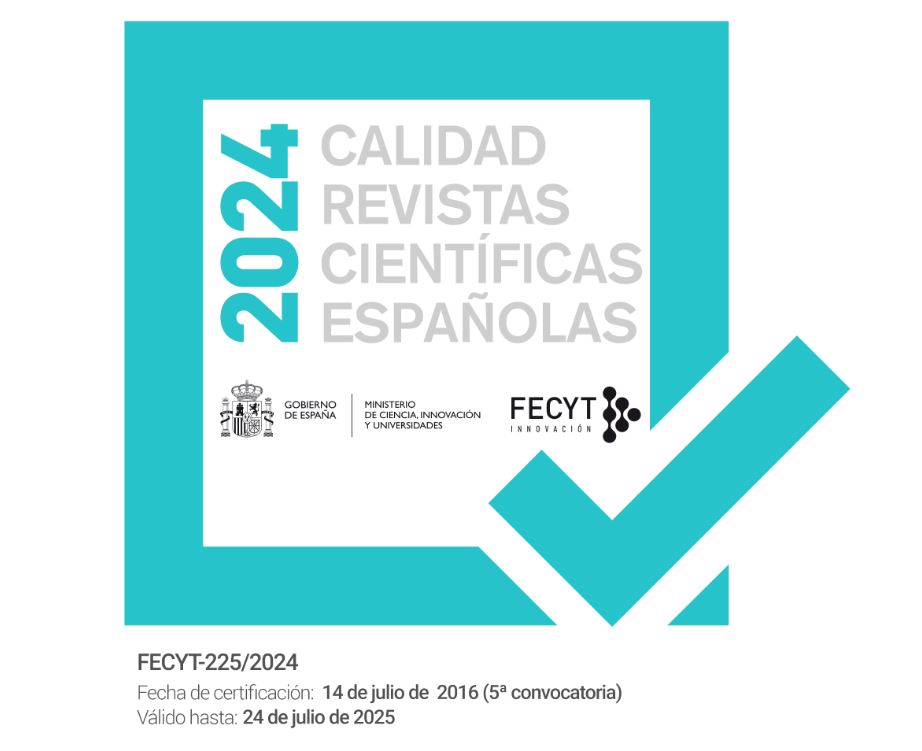Education, social class, political activism: Divergent attitudes toward sexuality among communist prisoners and Carlota O’Neill in the early Francoist regime
DOI:
https://doi.org/10.30827/arenal.v17i2.1456Keywords:
Sexuality, Political prisoners, Early Francoism, Carlota O´Neill, Education, Social class, Political activismAbstract
The majority of female political prisoners in Franco’s times that have left their testimonies kept themselves apart from common-law prisoners, usually prostitutes, because of their rejection of non-normative sexuality. Their position, however, was not homogeneous. In this article we try to delve into the reasons for the divergence among the prisoners themselves: the communists taking one side, and the political prisoner and republican writer Carlota O’Neill separating her opinion from theirs. The position of the latter reveals a much more open-minded approach to sexuality. Within the context of the current attempt to recuperate our historical memory, a biographical study of her figure allows us to claim her as one of the great republican exiles.
Downloads
Downloads
Published
How to Cite
Issue
Section
License
Los/as autores/as que publican en esta revista están de acuerdo con los siguientes términos:
Los autores/as conservarán sus derechos de autor y garantizarán a la revista el derecho de primera publicación de su obra, el cuál estará simultáneamente sujeto a la Licencia de reconocimiento de Creative Commons 4.0 BY-NC-ND que permite a terceros compartir la obra siempre que se indique su autor y su primera publicación esta revista.
Los autores/as podrán adoptar otros acuerdos de licencia no exclusiva de distribución de la versión de la obra publicada (p. ej.: depositarla en un archivo telemático institucional o publicarla en un volumen monográfico) siempre que se indique la publicación inicial en esta revista.
Se permite y recomienda a los autores/as difundir su obra a través de Internet (p. ej.: en archivos telemáticos institucionales o en su página web) antes y durante el proceso de envío, lo cual puede producir intercambios interesantes y aumentar las citas de la obra publicada. (Véase El efecto del acceso abierto).


















